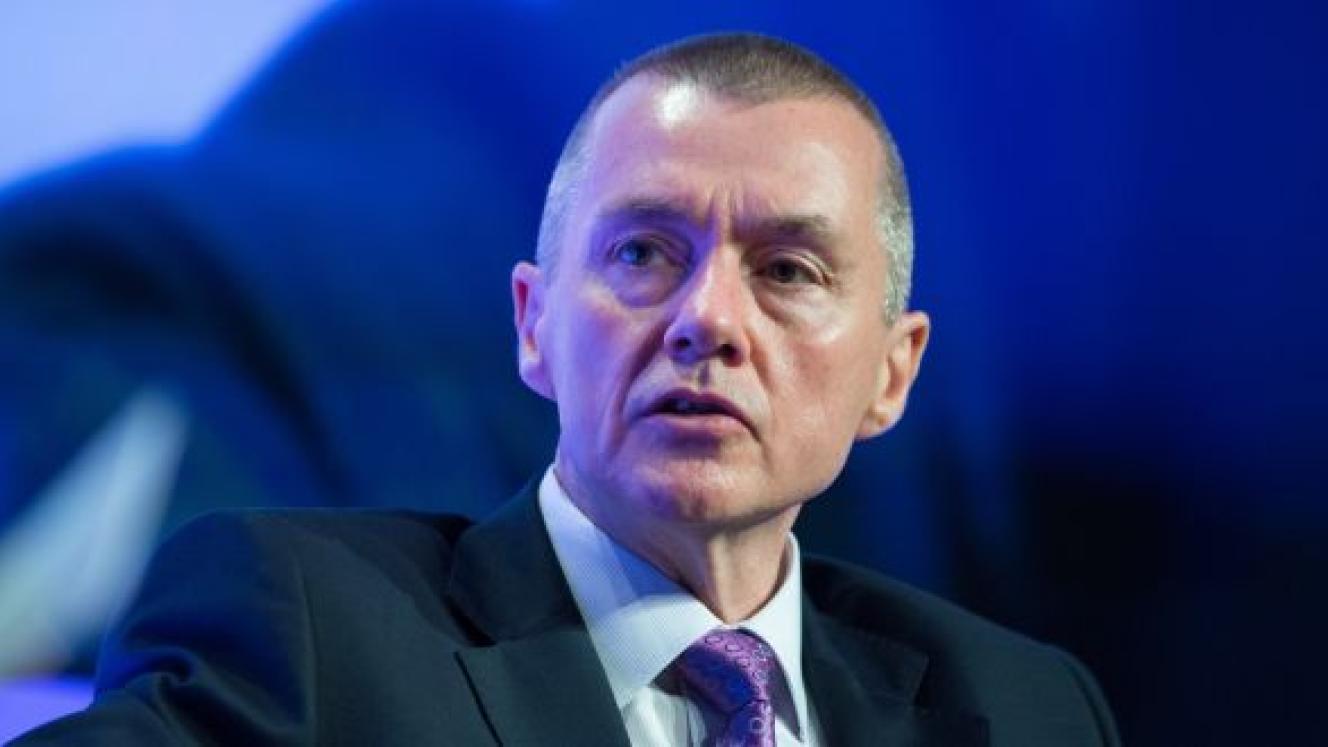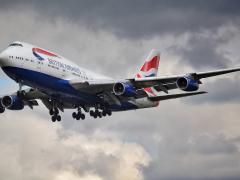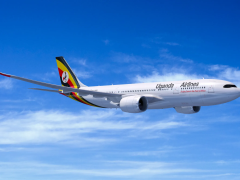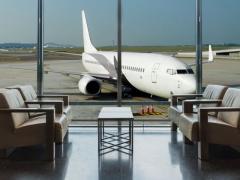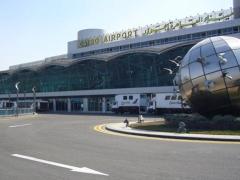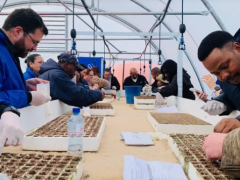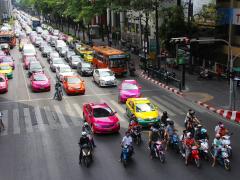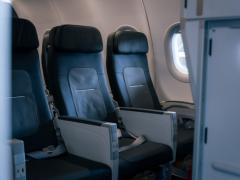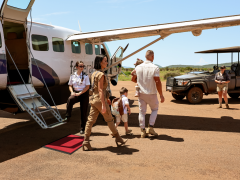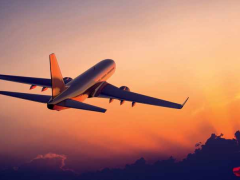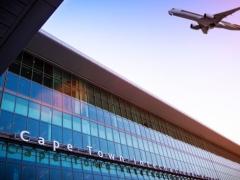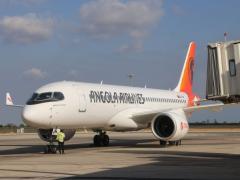“Aviation is important. Connecting the world even as geopolitical divides deepen is a vital mission that requires profitable, safe, efficient and sustainable airlines. The outcomes of this Iata AGM must set the direction for even more effective global connectivity,” said Iata Director General, Willie Walsh, speaking in Istanbul at the organisation’s recent AGM.
Iata published a series of roadmaps to nett zero by 2050 last year, giving detailed assessments of the key steps required to achieve this in the industry. This included assessments of technology, infrastructure, operations, finance and policy, which Walsh said would be expanded by the process of implementation.
He emphasised that the roadmaps were not only for airlines, but were also meant to be used by governments, suppliers and financers. “We all have skin in the game. And each must deliver the products, policies or investments needed to decarbonise.”
Walsh referenced an Iata report on global standard methodology to track the progress toward nett zero, pointing out that other reports often had fabricated information that hindered progress. “The transparency that accurate tracking will enable is critical to holding ourselves and our stakeholders accountable – accountable for what is achieved and what is not in the quest for a truly credible nett zero by 2050 target.”
The aircraft technology roadmap encourages the development of more efficient aircraft and engines that use hydrogen, batteries or sustainable aviation fuel (SAF). These developments are all backed by investment and demonstrator programmes. It also encourages development of new aerodynamics, aircraft structures and flight systems.
The energy and new fuel infrastructure roadmap recommends the creation of SAF or hydrogen storage located upstream from airports, and the development of new energy carrier infrastructure to facilitate the use of renewable energy.
The operations roadmap urges the industry to focus on opportunities to reduce emissions and improve energy efficiency to improve the way aircraft are operated, particularly through automation, big data management and through integrating new technology into existing air traffic management to improve the efficiency of air transportation systems.
The policies roadmap calls for global alignment on strategic policies to give incentives and support to aviation’s transition to nett-zero emissions. This entails communication and collaboration between governments and industry stakeholders to create a framework for decarbonisation.
The finance roadmap addresses how to accumulate the US$5 trillion (R94trn) required to develop technological advancements and infrastructure, and to optimise operations.
“The roadmaps show where all stakeholders should focus their efforts. There are two certainties. By 2050, we need to be at nett-zero carbon emissions. And the steps to get there outlined in these roadmaps will evolve as the industry’s expertise grows. Policy is particularly important early on as it, to a large extent, sets the scene for private-sector investors to move. With that, the private sector can decarbonise at scale and with speed,” said Iata Senior Vice President of Sustainability and Chief Economist, Marie Owens Thomsen.
